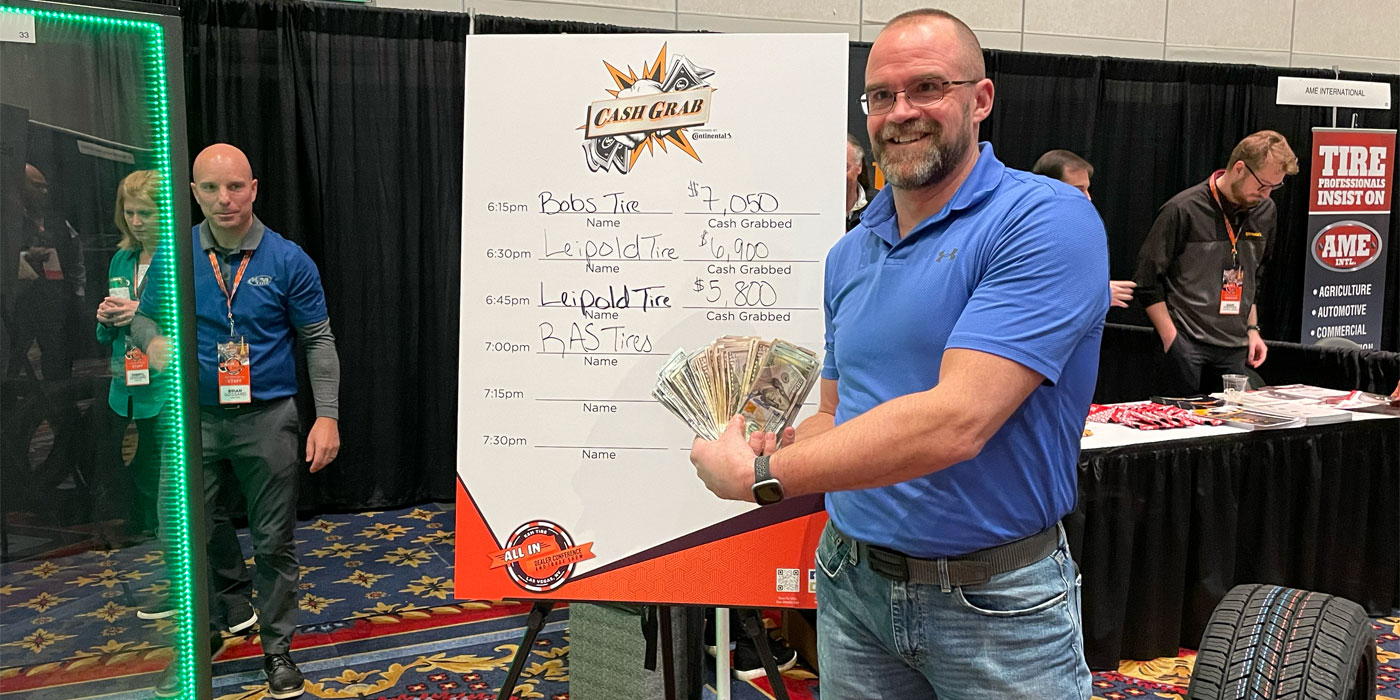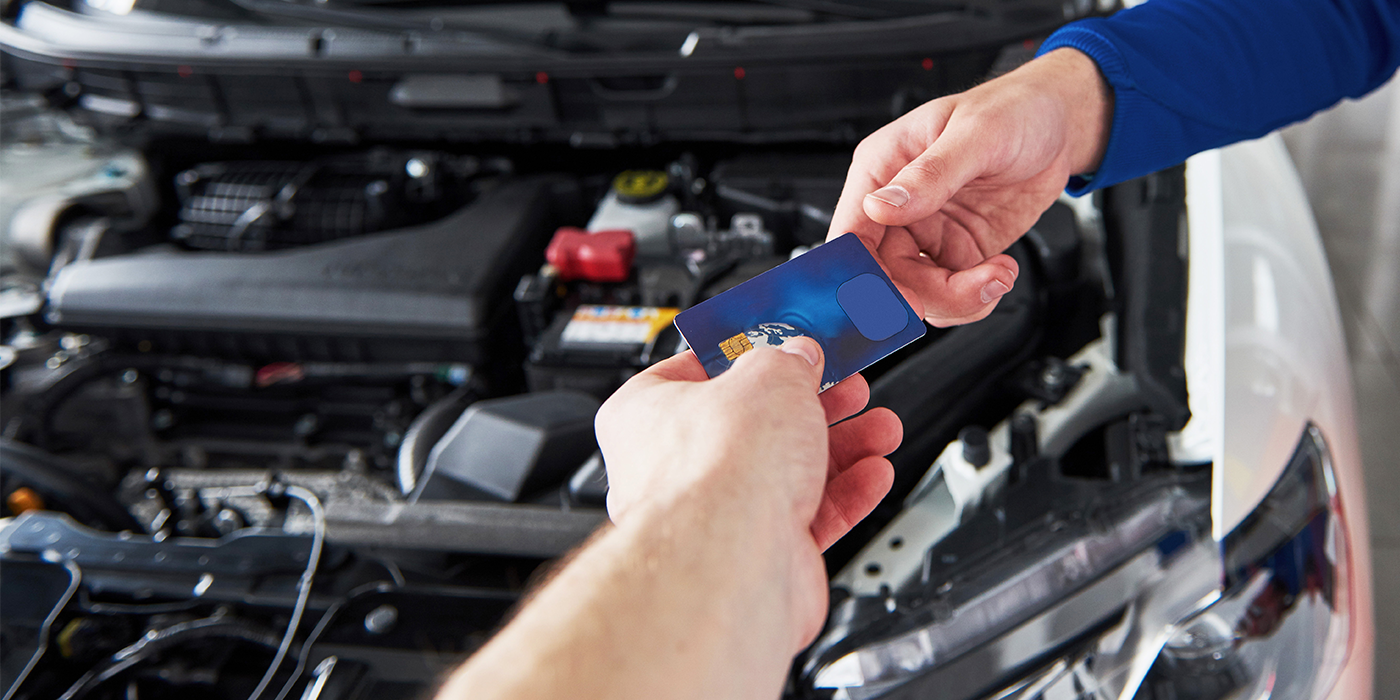Small business owners have one month left to enjoy lower taxes on their assets. It’s no surprise that some are in a mad dash to sell their businesses before year-end in order to take advantage of the current tax rates.
Why the tax increase? The current capital gain and ordinary income rates are scheduled to expire Dec. 31, and are likely to increase significantly. The federal government has little choice given the mounting deficits and soaring debt. In fact, most accountants and wealth mangers have been advising their clients, if they are emotionally and financially ready to sell their businesses, to consider accelerating any tax liabilities as we may never see today’s tax rates again.
Unfortunately, the recent recession has had a significant impact on the health and bottom lines of many small businesses, including tire dealerships. Many dealers have no choice but to wait for the economy to turn around before considering a sale. The good news is that many small businesses appear to be getting healthy again. The bad news is that the “paper value” of many businesses may decrease with these impending tax increases. If you’re considering selling your business after Dec. 31, the analysis below demonstrates how much you will need to increase your bottom line to stay even.
Assume the following:
• The federal capital gains tax rate is increased from 15% to 20% beginning in 2011
• The maximum personal federal tax rate is increased from 35% to 39.6%
• The company EBITDA is $500,000
• The sales price multiple is 4 times, resulting in the sale price and taxable gain of $2,000,000 (ignoring any basis issues for example purposes)
As a result, the federal capital gains tax on a $2,000,000 gain would increase from $300,000 (15% of $2,000,000) if the sale were completed in 2010 to $400,000 (20% of $2,000,000) if the sale were completed after 2010 – an increase of $100,000. This is simply the capital gains tax calculation and does not include any federal or state income taxes, which also will be increasing and will take an even larger chunk of your sale proceeds. When you consider all the proposed tax increases (capital gains, federal and state) the net effect on your sale proceeds will probably be a decrease between 11% and 15%.
To mitigate the effect of these tax increases, a tire dealer would need to grow his or her top and bottom line by an appreciable amount. So, if you were unable to or simply not ready to sell in 2010, then now is the time to start talking with your advisors about how to best deal with these tax increases. An advisory team that consists of a transaction accountant, attorney, wealth manager and business broker will help you understand your options and how best to position for the time when you are emotionally and financially ready to sell.
Domenic Rinaldi is president and managing partner of Chicagoland Sunbelt, a business brokerage firm that focuses on helping people buy, grow and sell businesses in Chicago and the surrounding Midwest area. Domenic holds the professional designation of Certified Business Intermediary from the International Business Brokers Association and is considered an expert in the business brokerage field. He brings more than 24 years of experience in merger/acquisition, sales, service, marketing and operations to the business brokerage arena. Chicagoland Sunbelt is a member of Sunbelt Midwest with offices in Minnesota, Wisconsin and Illinois.













